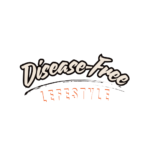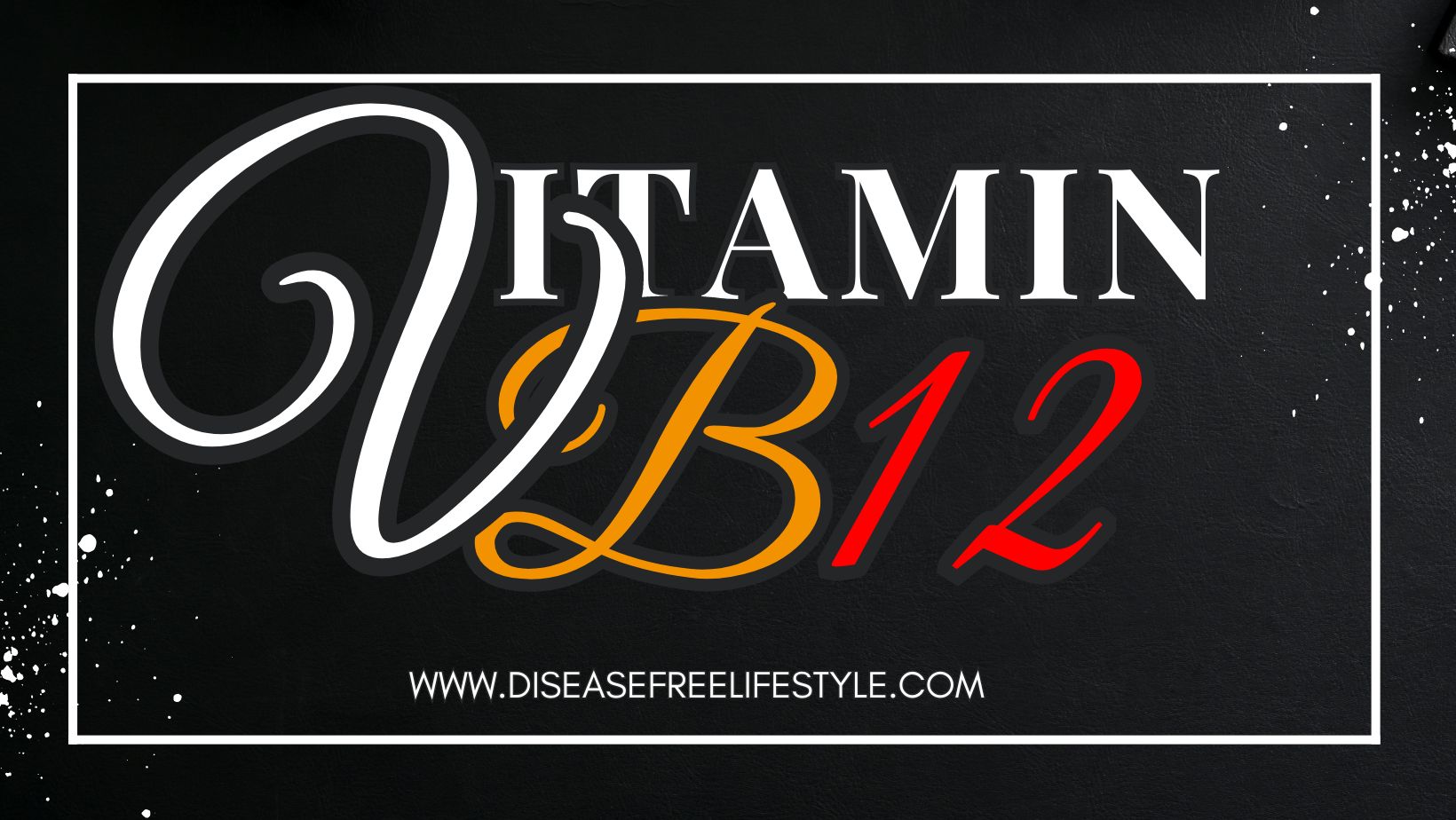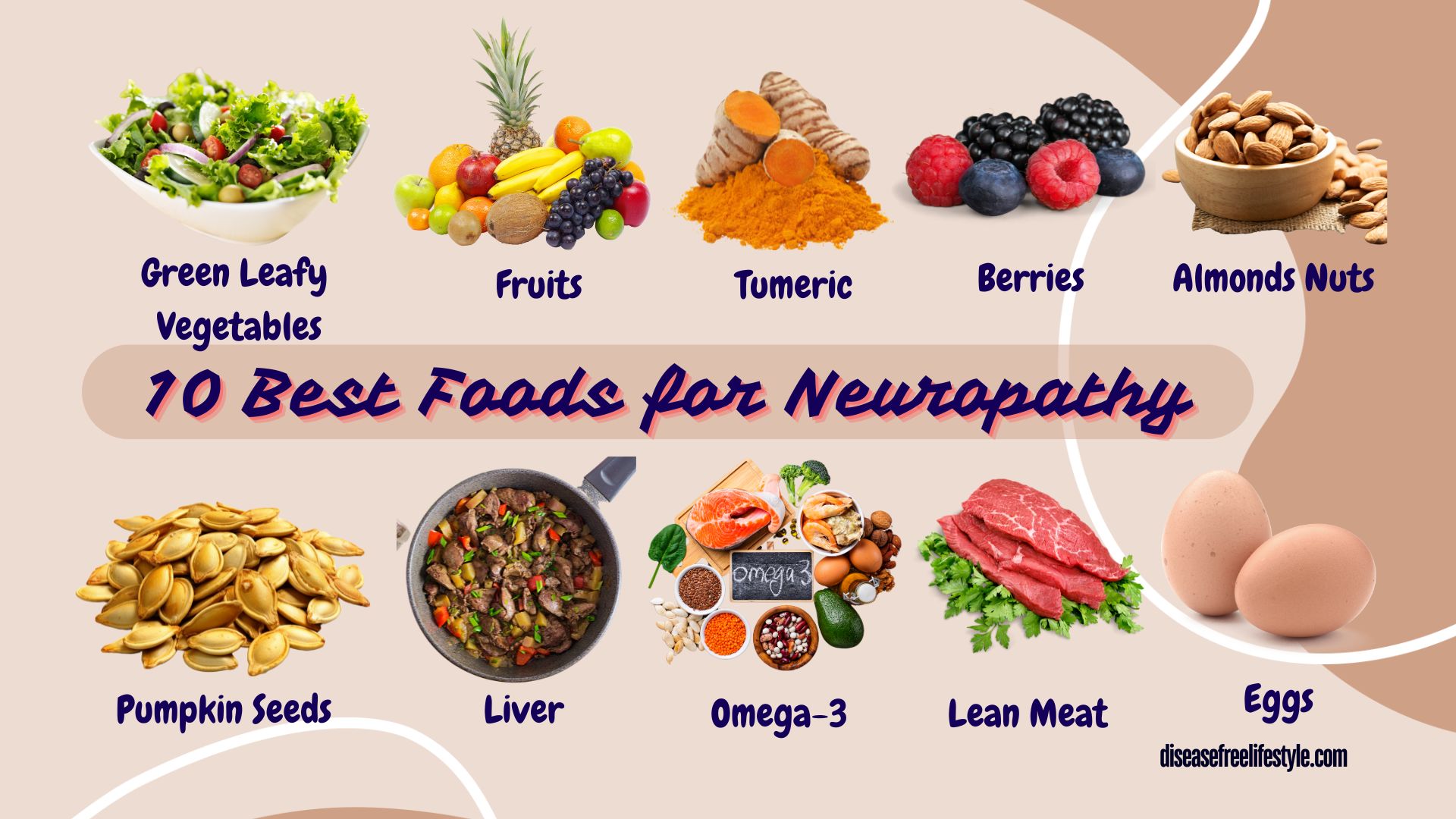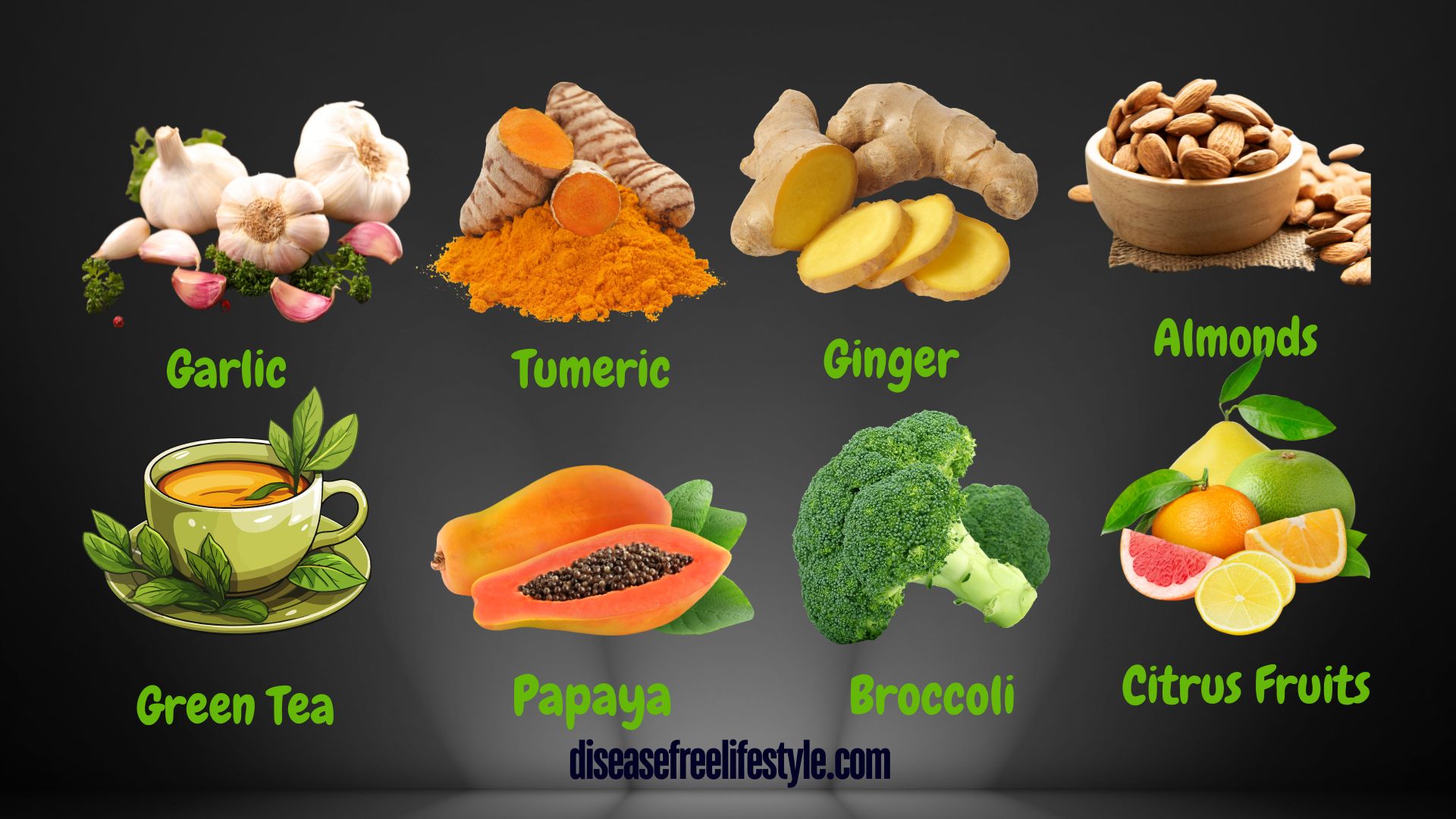Vitamin B12, also known as Cobalamin, is an essential nutrient that plays a vital role in keeping our bodies healthy and disease-free. It supports proper brain function, the formation of red blood cells, and the overall health of our nervous system. In this article, we’ll explore the importance of Vitamin B12, the consequences of its deficiency, and effective ways to ensure you get enough of this crucial vitamin.
The Importance of Vitamin B12
Vitamin B12 is fundamental for several key bodily functions. It helps in:
- Red Blood Cell Formation: Adequate levels of Vitamin B12 ensure the production of healthy red blood cells, which are responsible for transporting oxygen from the lungs to the rest of the body.
- Nervous System Health: B12 is crucial for maintaining the health of nerve cells, helping to prevent neurological issues.
- DNA Synthesis: This vitamin plays a role in the formation of DNA, the genetic material in all cells.
Symptoms of Vitamin B12 Deficiency
A deficiency in Vitamin B12 can lead to a range of symptoms, including:
- Tingling or numbness in hands and feet
- Fatigue and weakness
- Pale skin and shortness of breath
- Mood disturbances like depression
- Cognitive issues such as memory loss
Older adults, individuals with digestive disorders, vegetarians, vegans, and pregnant women are at a higher risk of deficiency. Studies show that over 20% of individuals over the age of 60 in the U.S. and the U.K. experience low levels of this vital vitamin.
How to Identify a Vitamin B12 Deficiency
Early identification of a Vitamin B12 deficiency is essential for maintaining overall health. If you experience symptoms or fall into a risk category, don’t hesitate to seek medical advice and consider a blood test. Staying informed and proactive can help you maintain optimal health and prevent complications. If you suspect you have a Vitamin B12 deficiency, your doctor may recommend a blood test to measure its levels. Generally, a level below 200 picograms per milliliter is considered low. In severe cases, a specific type of anemia known as Megaloblastic Anemia can develop, where the red blood cells are larger than normal but deficient in hemoglobin, leading to oxygen deprivation in the body.
Recommended Daily Intake
The recommended daily allowance (RDA) for Vitamin B12 is 2.4 micrograms for adults. However, those with specific dietary restrictions or health conditions may require supplements.
Natural Sources of Vitamin B12
Natural sources rich in Vitamin B12 include:
- Animal Products: Fish, meat (especially liver), eggs, and dairy products are excellent sources.
- Fortified Foods: For those who do not consume animal products, fortified cereals and plant-based milks can provide necessary B12.
Supplementation Options
For individuals unable to absorb Vitamin B12 from food due to gastrointestinal issues, there are two main treatment options:
- Sublingual Supplements: These dissolve under the tongue, allowing for better absorption.
- Intramuscular Injections: Direct injections can quickly replenish Vitamin B12 levels.
It’s crucial to consult with a healthcare professional before starting any supplementation.
The Broader Impact of Vitamin B12 Deficiency
Long-term deficiency of Vitamin B12 can lead to serious health issues, including:
- Depression
- Neuropathy (nerve pain)
- Cognitive decline (dementia)
- Visual disturbances
- Hair Loss
- Balance issues
Research also indicates a correlation between low Vitamin B12 levels and an increased likelihood of migraines and headaches.
Conclusion: The Path to a Disease-Free Life
Maintaining sufficient Vitamin B12 levels is crucial for a healthy and disease-free life. A balanced diet, potentially supplemented with fortified foods or vitamins, can help ensure you meet your daily requirements. Pay special attention to those at risk, like older adults and pregnant women, to avoid the complications associated with deficiency.
If you found this article helpful, and can contribute to disease-free natural healthy living as well as optimal well-being, please share it with your friends and family. Remember, staying informed about your health is one of the most effective ways to lead a disease-free life. Stay healthy, and take care!









